Why should I enroll in one of the 30 best online zoology courses?
Because you love Steve Irwin. You fondly recall your days watching “The Crocodile Hunter” prance through jungles and talk about the magical animal kingdom, and you wished to be right there with him, with his knowledge, enthusiasm, and care. Still, your chance to be a zoologist is now, because we’re bringing the 30 best online zoology courses to you.
With the help of expert zoologists, people understand how giant squids hunt and how chimpanzees use tools. We’ve learned that humans depend on all the small and large animals around us, thanks to zoology.
We’ve also learned about the beauty of symbiosis – the reality that different creatures provide beneficial relationships for each other. Symbiosis makes us smile; it’s like a happy song at the end of a funny movie.
And with further pursuits in zoology, we can discover so much more.
Featured Programs
- Bugs 101: Insect-Human Interactions by the University of Alberta
- Animal Welfare by the University of Edinburgh
- Paleontology: Ancient Marine Reptiles by the University of Alberta
Disclaimer: Some courses may include an affiliate link. Courses were chosen first based on the methodology with affiliate links only added after the ranking was complete.
What’s Available to Learn?
For starters, we know very little about the ocean. There is plenty more to discover about the immediate world around us, too. Studying animals is beautiful; we can learn how they interact with one another and the animal kingdom at large. Furthermore, we can understand each component of the vast world with which we interact. That way, we can better understand ourselves as a small, slightly significant part of a massive, far more substantial whole.
What else can we find? Well, become a zoologist, and you can let us know.
Can the 30 Best Online Zoology Courses Help Me?
Yes, absolutely. Any zoology course can. But maybe you don’t want to go to university for four years to get a degree, and you realize many online courses are at least as good as their in-class alternatives. So, with your busy life, why not learn from the comfort of your own home?
Methodology
Getting an education or going back for more education can be a costly endeavor, sometimes with hit or miss results. That is why we at Online Course Report take our jobs seriously and provide you with a ranking of the best online zoology courses based on weighted factors. With the amount of time and money you will be investing in these courses, we want to be as transparent as possible about the criteria with which we rank our courses. Some of the criteria and questions we asked ourselves when formulating our ranking include:
- Price: Is the course reasonably priced for the amount of content taught?
- Content: Is the content of the highest quality and conveyed in an easy to understand way?
- Proven Track Record: Does the course have a proven track record of producing competent students?
- Learner Satisfaction: Are the students who take this course satisfied with the type of education they received?
- Jobs After Completion: Are students able to land a zoology job after completing the course?
What Are the 30 Best Online Zoology Courses?
#1. Dino 101: Dinosaur Paleobiology by the University of Alberta

Zoology goes way back. Yes, all the way back to the time of the dinosaurs, and then some. If you’re most interested in the animals of days gone by, consider this University of Alberta offering on the Coursera platform. This class is free, so you’re not investing anything besides your curiosity and thinking cap.
The four-week course is broken down into one unit per week for 12 weeks, covering topics like appearance and anatomy, death and fossilization, eating, and moving around. The course is short, with only one to two hours of actual coursework per week, though you should study the materials for five to ten hours per week.
This class is for beginners, too. If you know quite a bit about dinosaurs already, choose a more in-depth course. But if you’re trying to wet your whistle and see if paleobiology may be the right field for you, give this class a go.
#2. Bugs 101: Insect-Human Interactions by the University of Alberta
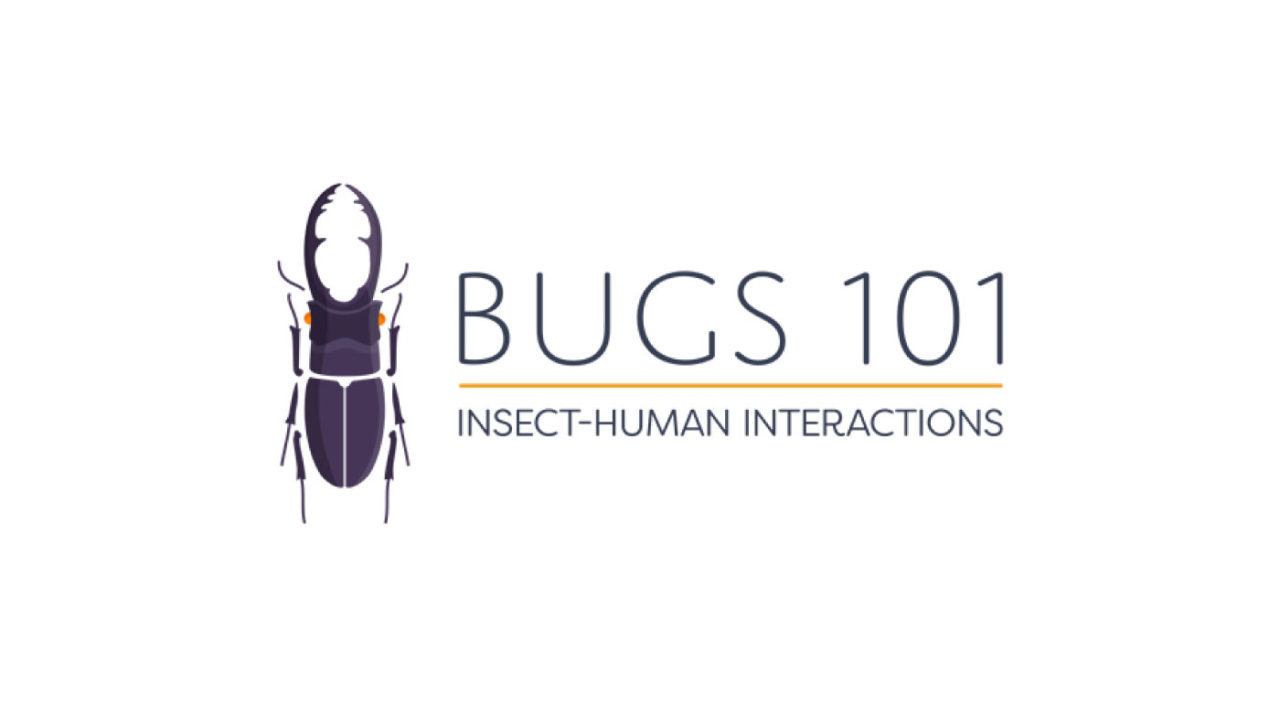
Bugs are everywhere. They interact with people, plants, and domestic animals. We wouldn’t be alive today if it weren’t for bugs, so we should be grateful for them, protecting them even if they give us the occasional bite. This free online course is captivating, offering a comprehensive introduction to entomology.
This 12-week online class is broken down into 12 units. Some of the units feature titles like Insects and Disease, Pollination and Beekeeping, and Sustainable Human-Insect Relationships. Throughout the 12 weeks, you’ll learn many critical details about insects and their importance to our world.
As the 101-course number implies, Bugs 101 is for beginners. It’s a great start for beginner entomologists and an excellent tool for zoology fanatics who want to expand their knowledge about bugs. The class requires around two hours of coursework and ten hours of studying per week, but we wager you’ll feel fulfilled every step of the way.
#3. Animal Welfare by the University of Edinburgh

Why does animal welfare matter? Well, as you’ve probably learned, we’re part of a complex food chain. Without other animals, we’d disappear. Plus, let’s not forget a little thing called ethics. Zoos are controversial enough – if we hold an animal in captivity, we must do so correctly.
This short, ten- to 12-hour free online course will prime you on animal welfare. You’ll begin by studying the principles of animal welfare before learning about the animals most familiar to you (i.e. dogs and cats). Next, you’ll learn about livestock welfare before moving on to studying captive animals like bears, lions, and tigers.
You’ll learn about animal welfare public policy and the difficulty of assessing animal behaviors. According to Coursera statistics, 50% of people who took this free online zoology class started a new career upon completion. Animal behavior is fascinating, and you should take this course if you want to become a more conscientious, animal-focused leader and zoologist.
#4. Carnivore Zoology by ACS Distance Education
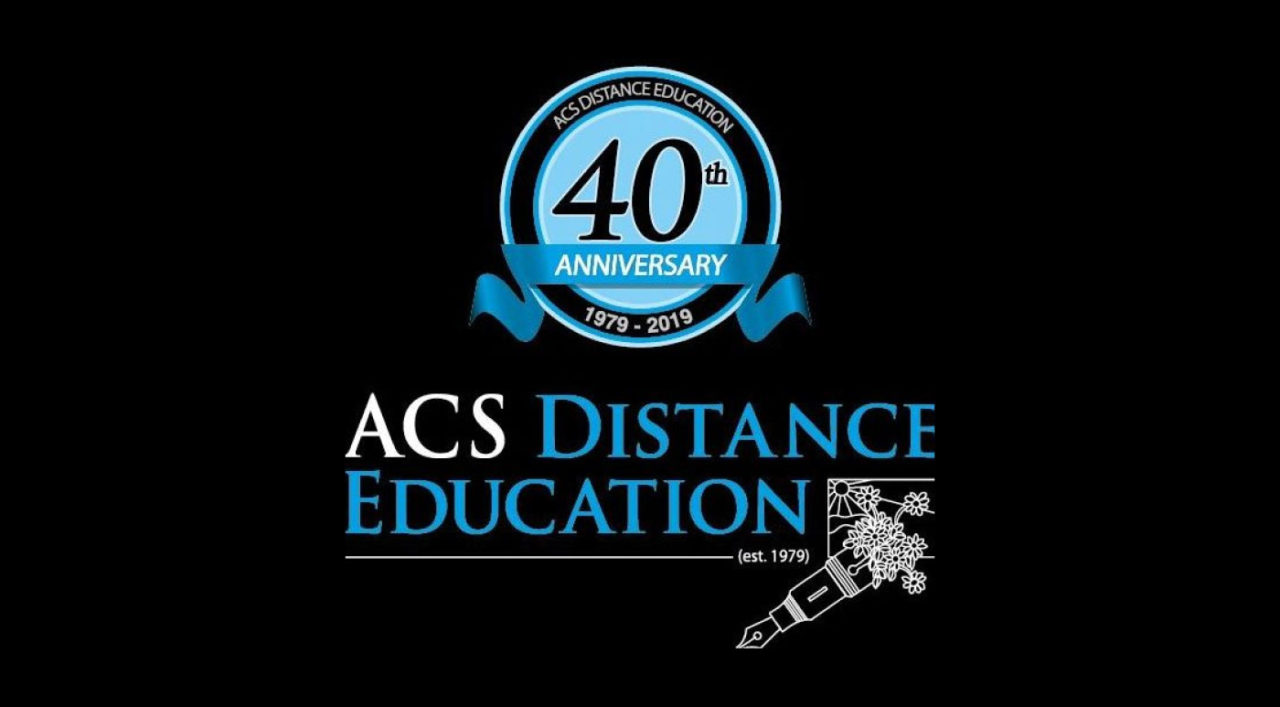
Did you know that cats, bears, and dogs are carnivores? Do you want to know more about carnivore zoology? If so, this class is for you. This online course caters to people with a background in zoology: zookeepers, biologists, and wildlife park staff. If you aren’t well-trained in zoology, opt for a different class.
This 100-hour course will discuss the characteristics, classification, and significance of carnivorous animals to man, ecosystems, and environments. Additionally, you’ll learn about canines, felines, bears, and aquatic carnivore life. By the end of the course, you’ll be able to differentiate animals within the same taxonomic family and better understand carnivore zoology.
At $660 AUD, this class is not cheap, but it’s worth it if you want a graduate-level course in carnivore zoology. The 100 hours will go by quickly, and by the end of the course, you’ll be one step closer to being a full-blown expert in the field.
#5. Herpetology by ACS Distance Education
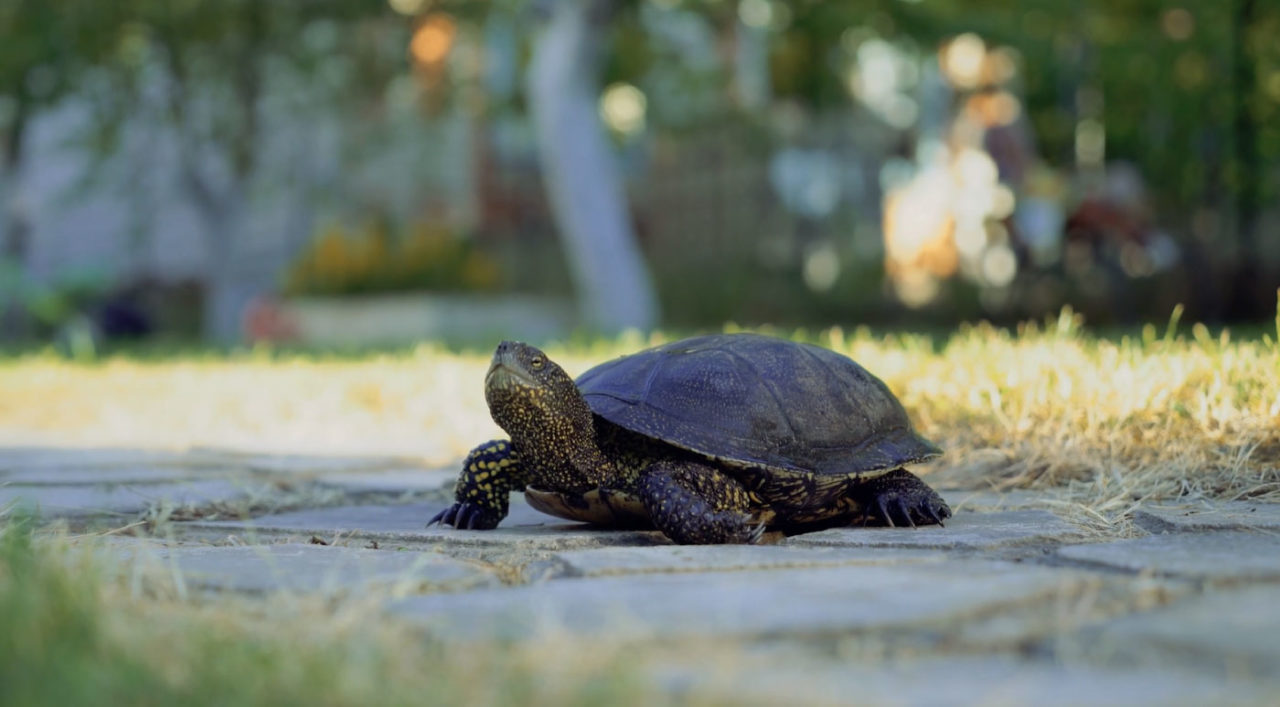
In this course, you will learn about reptiles and amphibians, the slithery creatures that move all around us. Did you know some reptiles and amphibians go as far back in time as the age of the dinosaurs? It’s true: reptiles and amphibians have stood the test of time. If you want to learn more about herpetology, this class is for you.
The 100-hour online course is broken down into nine units. Some of the units cover reptile biology, amphibian biology, conservation issues, and keeping reptiles and amphibians. You’ll learn extensively about everything related to reptiles and amphibians, from body parts to how their senses operate.
This ACS Distance Education course will cost you $627 AUD, but it’s worth it if you want to become an expert in herpetology. After this class, you can begin or advance your career in herpetology, impressing your friends and accessing information that was previously inaccessible to you.
#6. Marine Life Rescue 101 by Universal Class

There are few sights sadder than finding a beached whale or a sea turtle wrapped in plastic. If only you knew how to mend the issue. After taking this course, you’ll have a greater understanding of why animals strand and what you can do to fix the problem.
This short online marine zoology course costs $50 or $75, depending on whether you want a certificate upon completion. Some of the 13 lessons bear titles like Biology, Why Do Animals Strand?, Stranding Networks, Basic Rescue, and Rehabilitation Process. By the end of the course, you’ll learn how to perform a basic rescue and how to alert the proper authorities.
With erratic sea levels and increased plastic pollution, we need more marine-life rescuers. If you want to lend a hand, this is a great beginner’s course for you.
#7. Think Like a Bird: Understanding Bird Behavior by Cornell University
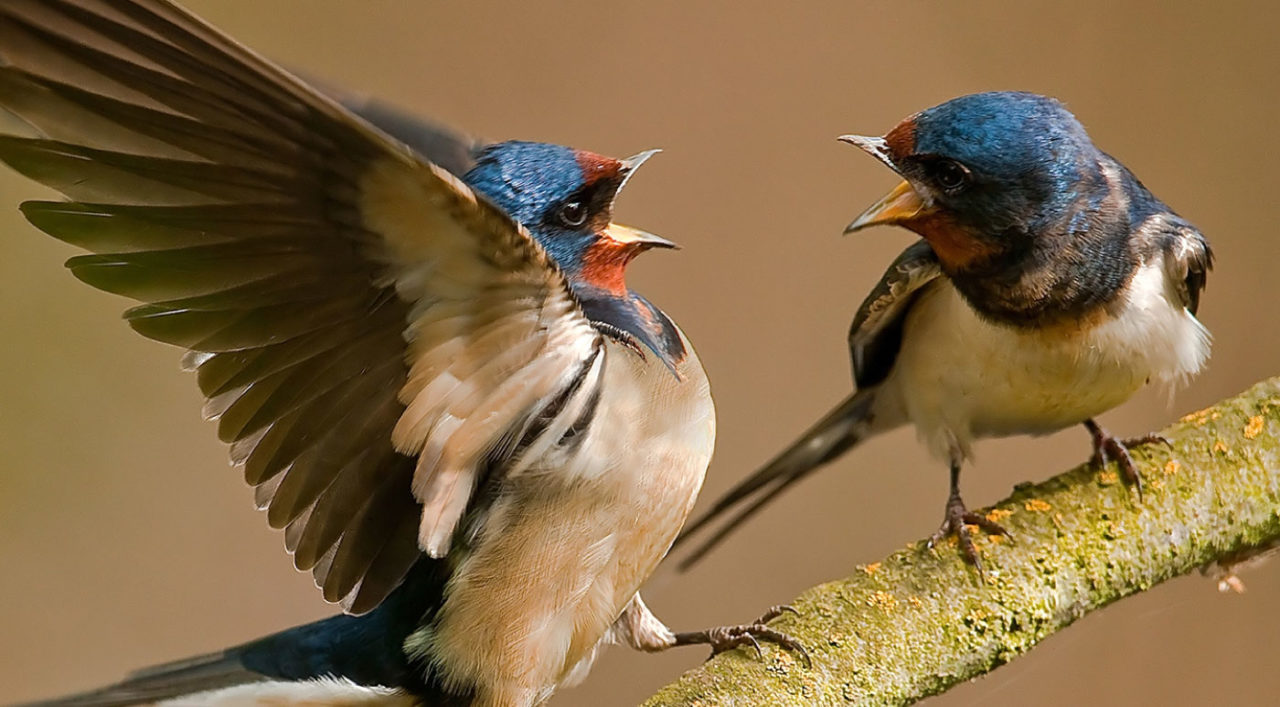
Cornell University’s Bird Academy focuses on all things relating to birds. Whether you’re an ornithologist or an amateur bird watcher, understanding bird behavior is crucial. It’s pretty cool, too. Imagine being able to know when a bird is angry, happy, or in a romantic mood.
This short, four-hour course is divided into six lessons covering bird behavior, how birds communicate, how to describe their behavior, and an ecological perspective on behavior. The course is entirely online, and you can learn at your own pace.
After this course, you’ll be able to take your bird watching and ornithologist expertise to the next level. The online class costs $59.99, which includes a three-month subscription to Birds of North America, the online authority on behavioral information of the 760 species of birds in North America. There, you can further expand your knowledge as you slowly progress toward becoming a bird expert.
#8. Anything but Common: The Hidden Life of the American Crow by Cornell University
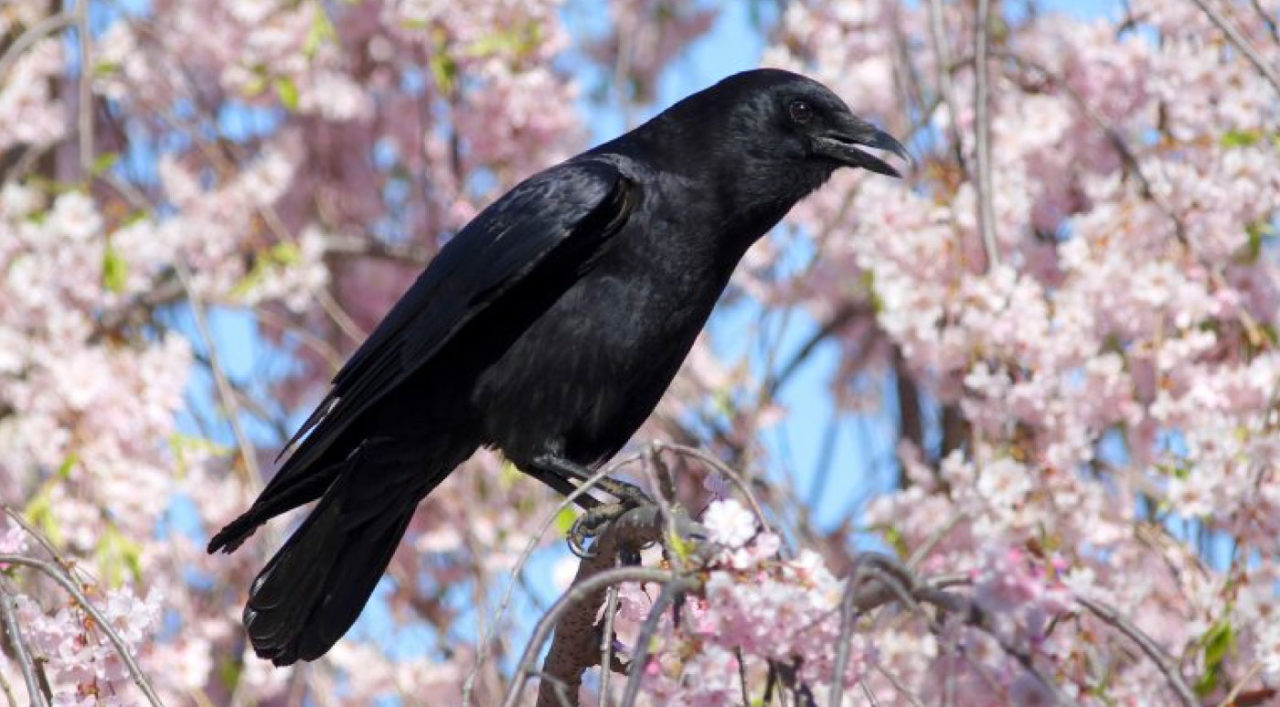
Crows? Aren’t they the annoying birds that fly by my window every day? Yes and no. Yes, some of them are crows, but some of them are ravens. No, they’re not annoying – they’re just living their lives. Did you know that crows hold funerals for their deceased relatives and neighbors, or that crows are some of the smartest birds alive? Did you know that crows have regional dialects, which they can deliberately change?
Crows are fascinating. In this three-hour online course, you’ll watch videos and read material to learn about the enchanting, complicated life of crows. Furthermore, you’ll discover they’re not all-too-common after all. By the end of this $59.99 course, you’ll understand the secret lives of crows, be able to differentiate crows from ravens, and learn more about crows’ intelligence from ornithologist experts.
#9. Ornithology: Comprehensive Bird Biology by Cornell University
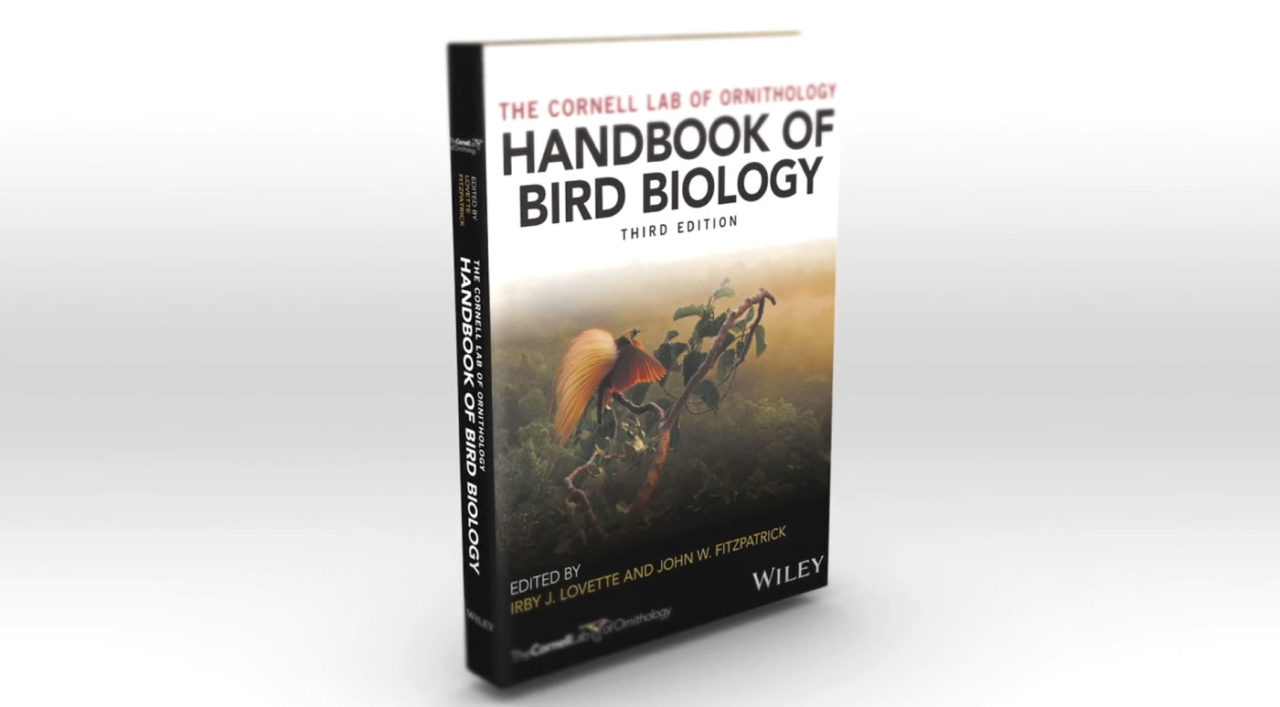
Birds are amazing. How many times have you looked upwards at birds and wished you could fly? Isn’t it amazing, too, how there are thousands of types of birds, each with different patterns, behaviors, and purposes in nature? If you want to learn more about birds, then this course is a fantastic choice.
In this 100-hour online class, you’ll follow the “Handbook of Bird Biology, 3rd. Edition” as you learn about bird anatomy, behavior, ecology, and conservation. By the end of the course, you’ll expand your knowledge of flight, migration, vocal behavior, taxonomy and more. At $239.99, the class is far from free, but it’s 100% worth it.
#10. Nature Journaling and Field Sketching by Cornell University
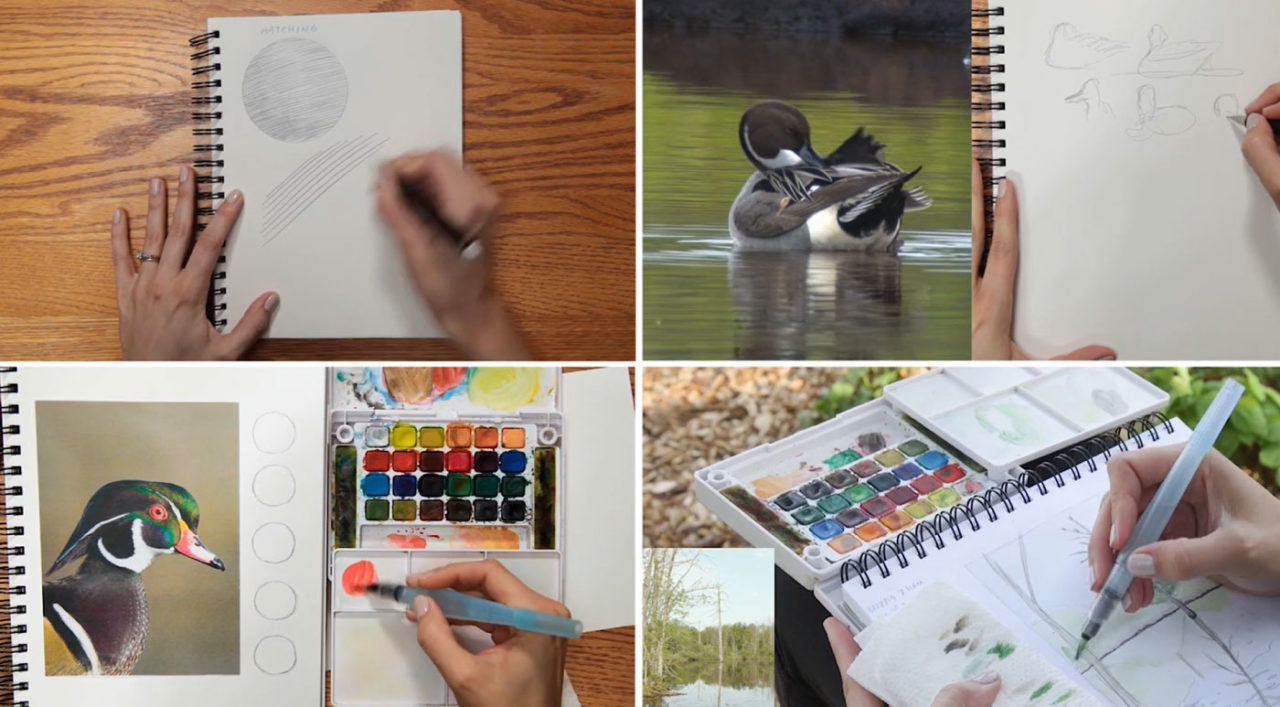
Who doesn’t feel calm in nature? The gentle breeze sways the plants around you, a bird calls its lover with a song, and a herd of deer grazes. What if you could bring those images home? In this ten-hour course, you’ll learn about nature journaling and scientific illustration.
For $99.99, you’ll learn about observation and art techniques from Liz Clayton Fuller, a highly-respected scientific illustrator. This course is for the more artistically-inclined zoologist who wants to explore the world through art. Through your drawings, you’ll observe animal behavior, socialization, and the beautiful gift of nature that surrounds us. If you want to learn more about capturing nature without a camera, this class is for you!
#11. Primatology by ACS Distance Education
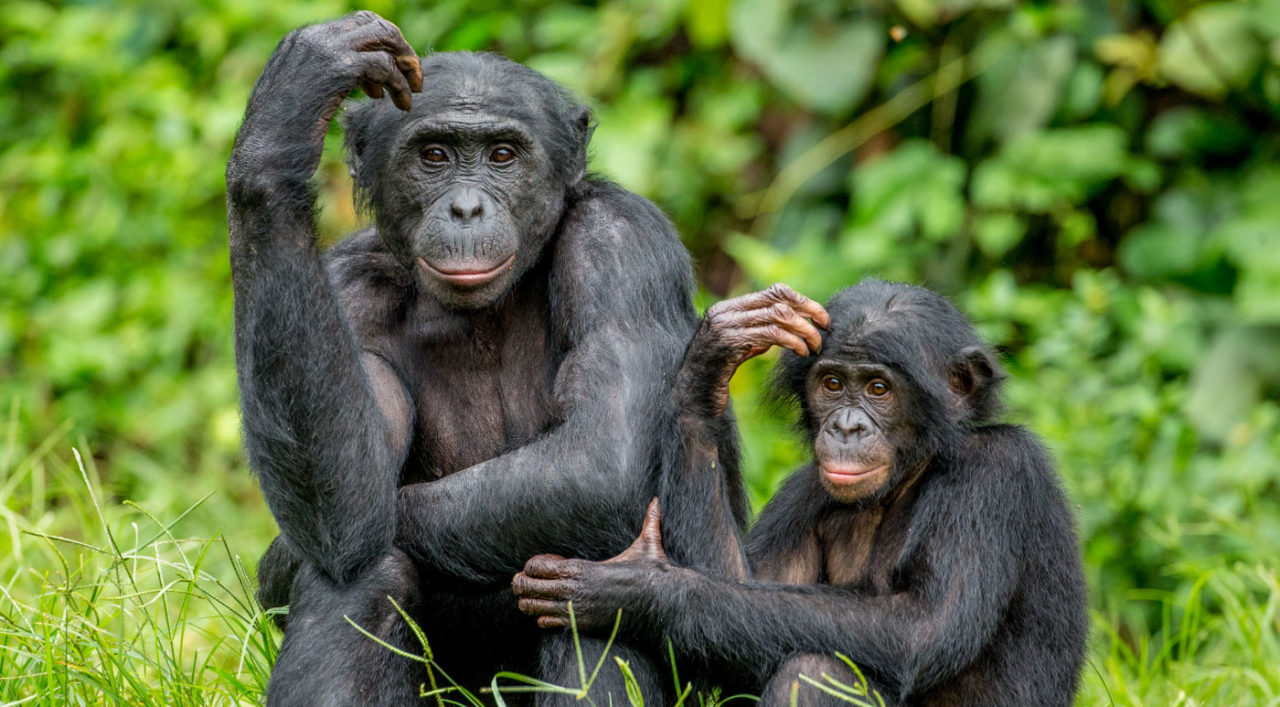
Since Jane Goodall was a child, chimpanzees were second nature to her. In fact, her first stuffed animal was a chimpanzee. Clearly, she found her calling quickly. Today, Goodall stands as the foremost primatologist in the world, and she’s taught us all about it. Primatology is fascinating because it allows us a glimpse into the animals that are most like ourselves.
For $646 AUD, this 100-hour class will teach you about all things primates. You’ll learn about the different categories of primates – including humans! – primate behavior in the wild, and the psychological well-being of primates in captivity. By the end of the course, you’ll be one step closer to being a primatologist on the path of Jane Goodall.
#12. Zoology Executive Diploma by International Career Institute

Do you want something to show to future employers that proves your worth? This executive diploma will attest to your extensive zoology knowledge, furthering your career prospects and improving your pay. This online zoology course is expensive at around $1,300, but it can pay you back in the long run.
The course is divided into six units: Animal Breeding, Diseases and Diagnoses, Vertebrate Zoology, Animal Behavior & Psychology, Animal Health Care, and Zookeeping. Throughout the 31-week course, you’ll learn more about animals and strengthen your existing knowledge. If you want to be a zookeeper, interacting with animals and animal-loving humans all day, this is the course for you.
#13. Paleontology: Ancient Marine Reptiles by the University of Alberta
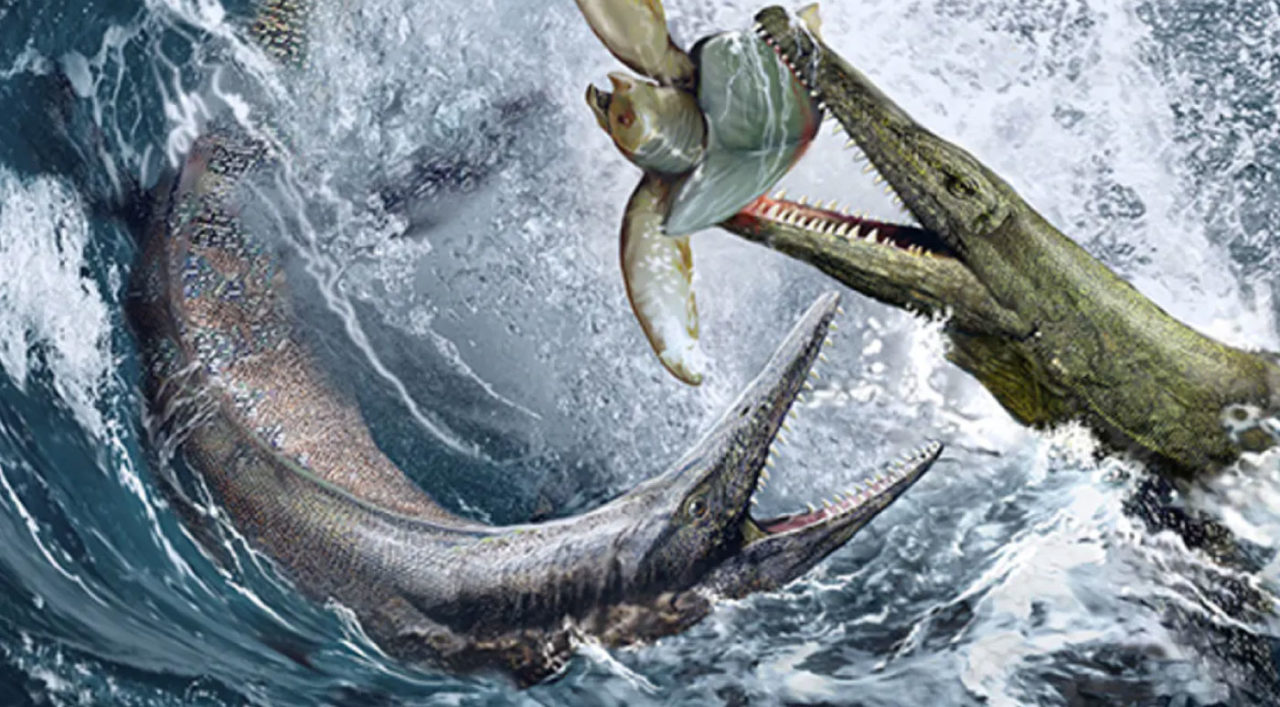
Dinosaurs are crazy; some lived on the land and some lived in the sea. Others began living on the land and slowly migrated to the sea. But what happened when air-breathing terrestrial animals returned to water? How did they adapt? What did they eat? How have they evolved? You can answer all of these questions and more once you finish this free online class.
This nine-hour class comprises four units: Introduction to Marine Reptiles, Ichthyopterygians (in which you’ll also learn how to pronounce this word), Sauropterygians, and Mosasauroids. You’ll learn what these animals looked like, what they ate, how they influenced other animals, and much more in this free online zoology course offered by the University of Alberta.
#14. Ecology: Ecosystem Dynamics and Conservation by the American Museum of Natural History
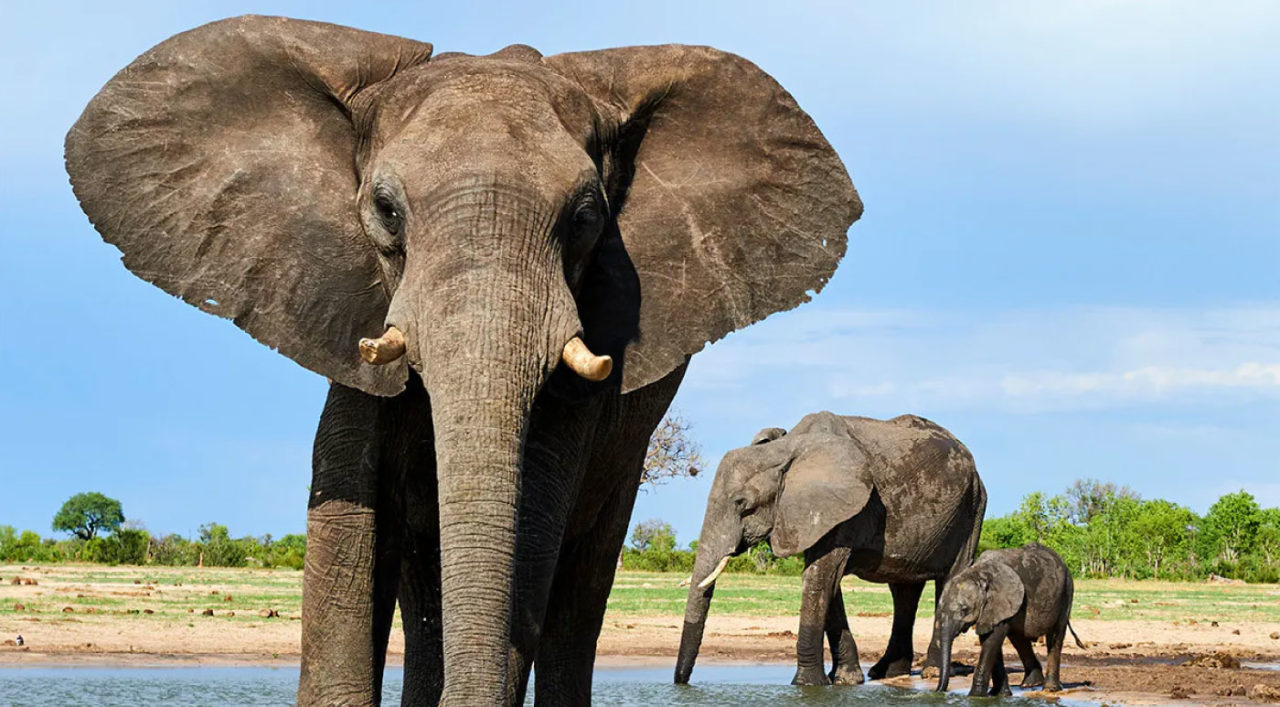
How do animals interact with other animals, and how does the animal kingdom interact with the limited resources available to it? How are humans affecting animals? The way that animals interact with their ecosystem is an integral part of zoology. And, as humans develop more and more land, conservation is coming increasingly crucial, too.
In this free, online, 11-hour course, you’ll learn about how species coexist, how ecosystems can recover, and how humans study populations. You’ll do all this through a case study on Mozambique’s Gorongosa National Park. Many of us learn abstract theories and principles far quicker when they’re applied to a single example. If you’re that type of learner, this is an excellent course for you.
#15. Chimpanzee Behavior and Conservation by Duke University

Here’s a fun fact about chimpanzees: chimps share 98% of their genes with humans. That makes them one of our closest relatives. Additionally, chimps can live up to 60 years. Also, stop calling chimpanzees monkeys! They’re apes, the family that comprises gorillas, orangutans, and humans. Unfortunately, though, chimpanzees are endangered.
This free, 16-hour online course examines chimpanzee behavior and how we can focus on chimpanzee conservation without disturbing their natural patterns. As you may already know, this class wouldn’t exist if it weren’t for the work of the great Jane Goodall. Much of this information comes from her case studies and the case studies of her contemporaries. If you want to learn all about chimpanzees, give this class a go.
#16. Animal Physiology 1. Respiration and Gas Exchange by Udemy
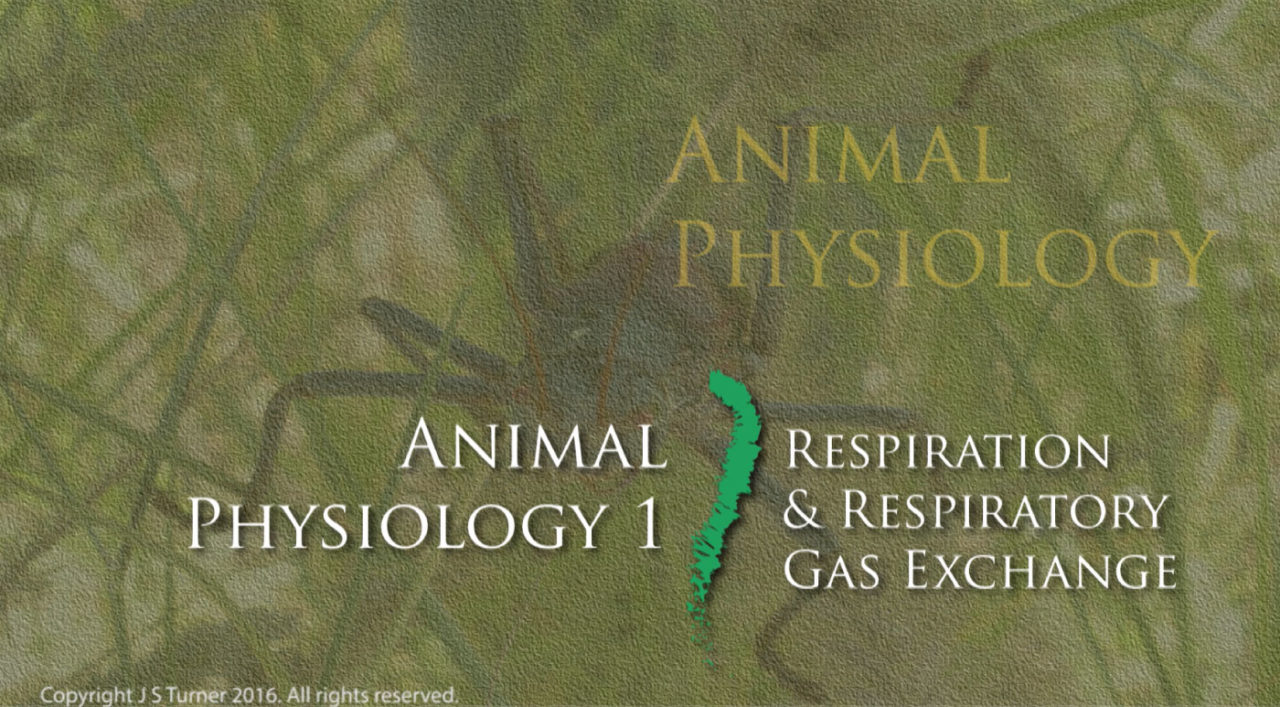
How do animals work? What drives animals, and how do their systems interact? These are the questions behind animal physiology. This isn’t a beginner-level course, so, before enrolling, you should have a background in general biology, general chemistry, organic chemistry, physics, biochemistry, and ecology.
For $19.99 or less, depending on Udemy discounts, you’ll learn how life is a thermodynamic phenomenon, understand how metabolism works, understand the Fick’s principle, and more. The course comprises five hours of video clips, parceled into six lectures. By the end of the course, you’ll have a solid understanding of animal respiration and gas exchange. What’s more, you’ll be ready to move on to the other, more-advanced Animal Physiology courses.
#17. Wildlife Rehabilitation: An Introduction by Universal Class
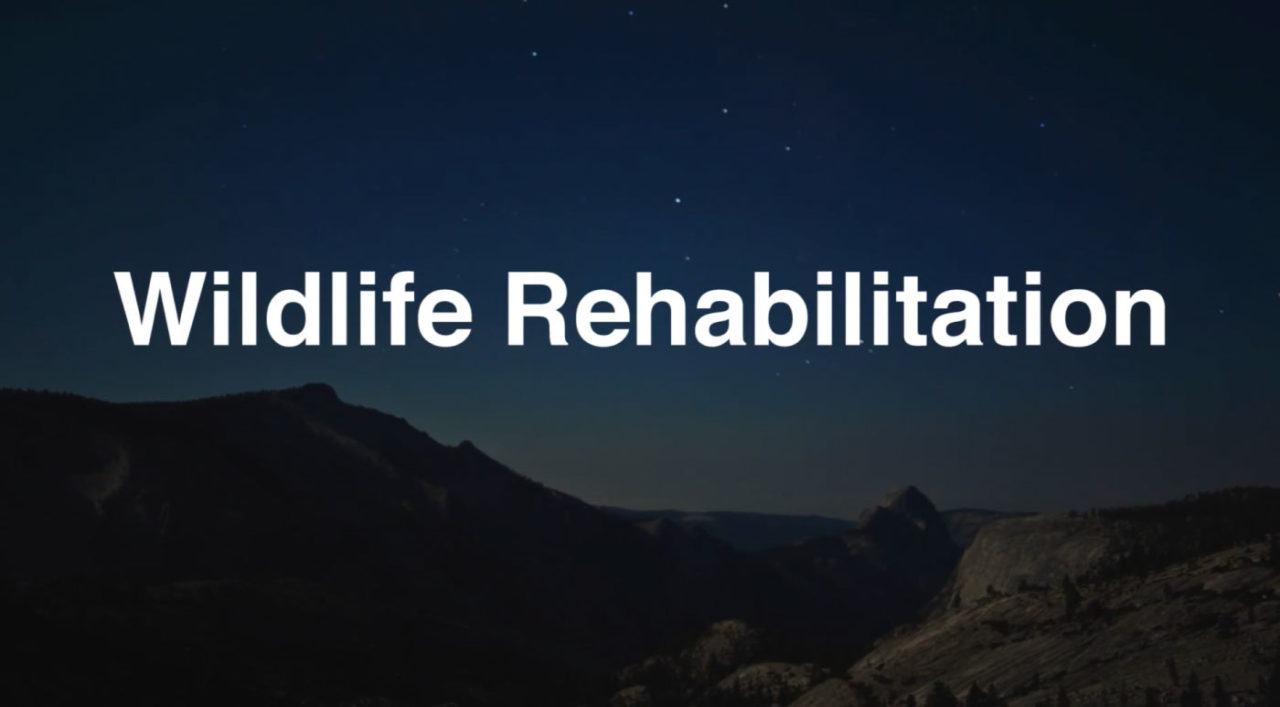
We don’t like watching animals suffer. It’s torturous. Sometimes, however, if we don’t know what we’re doing, our attempt to heal an animal can worsen its condition. Therefore, it’s crucial to learn about proper wildlife rehabilitation – knowing who to call and what to do before an adequate authority arrives.
This $50 Universal Class offering comprises 12 lessons, 26 exams, and a 7-hour estimated completion time. In the class, you’ll learn how to become a wildlife rehabilitator, how to catch and transport injured wild animals, and more. This class itself will not make you a wildlife rehabilitator, but it will give you a good idea of whether or not wildlife rehabilitation is your calling. Furthermore, you’ll learn valuable information concerning what to do around an injured animal.
#18. Zoonoses by the International Wildlife Rehabilitation Council
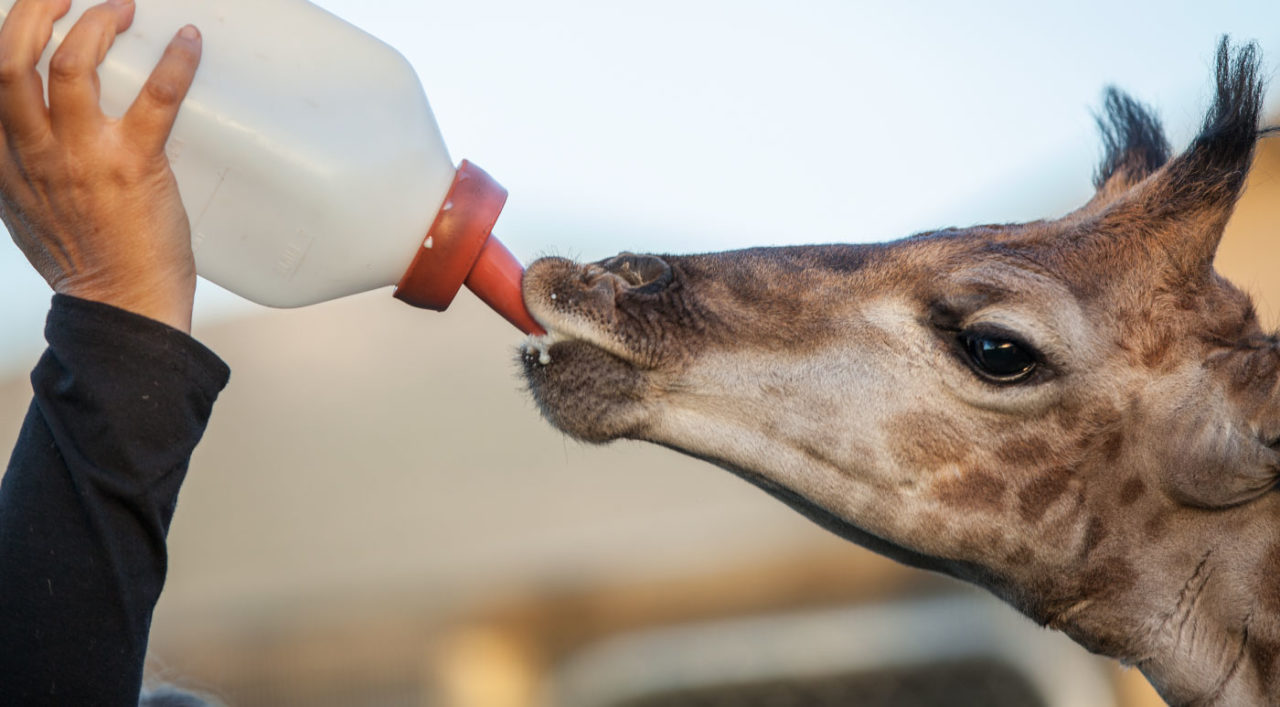
We love interacting with animals, but sometimes we inadvertently transfer diseases to them. Sometimes, they transfer diseases to us. This is an inherent risk for zookeepers and other wildlife professionals.
Zoonotic disease is the scientific term for any disease passed between animals and humans. You’re most likely already familiar with zoonoses; the Ebola virus, salmonellosis, and HIV are a few examples.
In this $75 course ($55 if you’re an IWRC member), you’ll learn about the risks, prevention, and management of zoonoses. Upon course completion, you’ll be able to act as a resource to the public for information on zoonotic diseases, and you’ll be that much more informed as a wildlife professional.
#19. Pain Management by the International Wildlife Rehabilitation Council
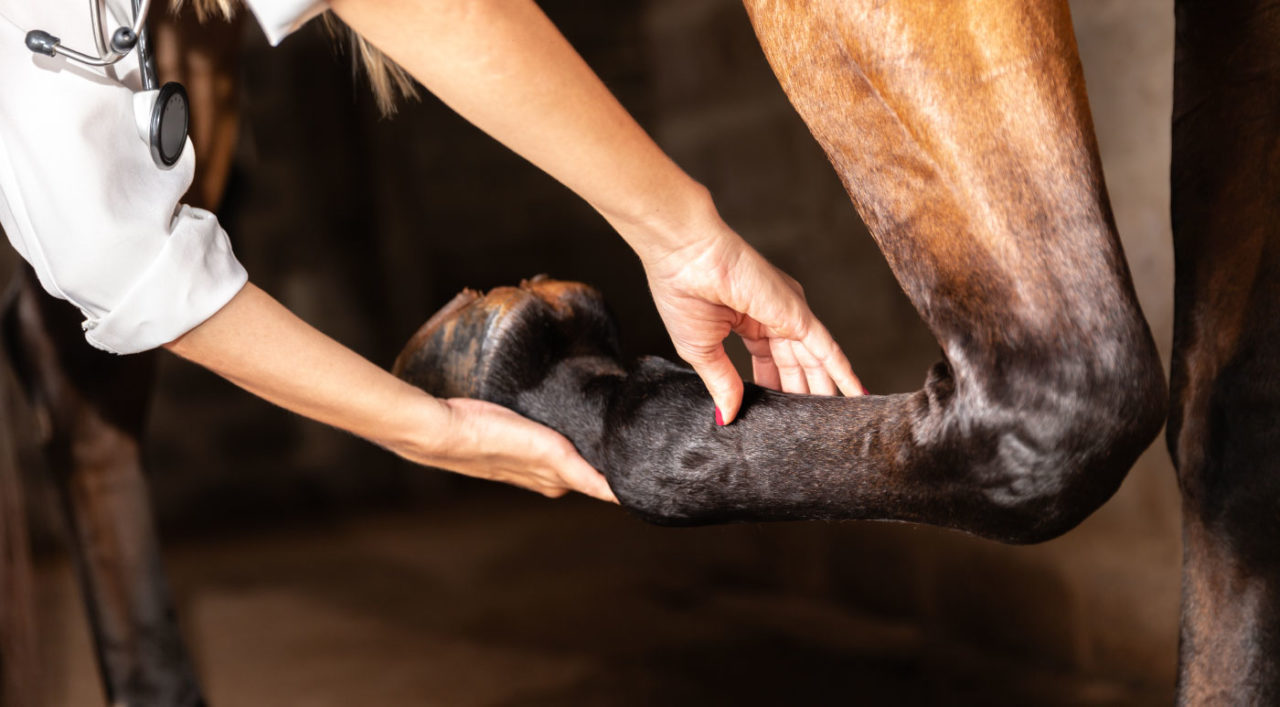
This online course is for current and aspiring wildlife rehabilitators. Given the nature of your work, you’ll frequently be near injured animals. Sometimes, you’ll be the person in charge. Other times, you’ll care for the animal until another wildlife medic steps in. In any case, you should familiarize yourself with the terms and concepts regarding pain management in mammalian and avian species.
This $79 course ($59 if you’re an IWRC member) covers four topics: physiology of pain; clinical signs of pain; supportive care techniques; and drug therapy: indications, contraindications, and side effects. If you pass the final exam with a 70% score or higher, you’ll receive a course completion certificate.
#20. Certificate in Wildlife Management by ACS Distance Education
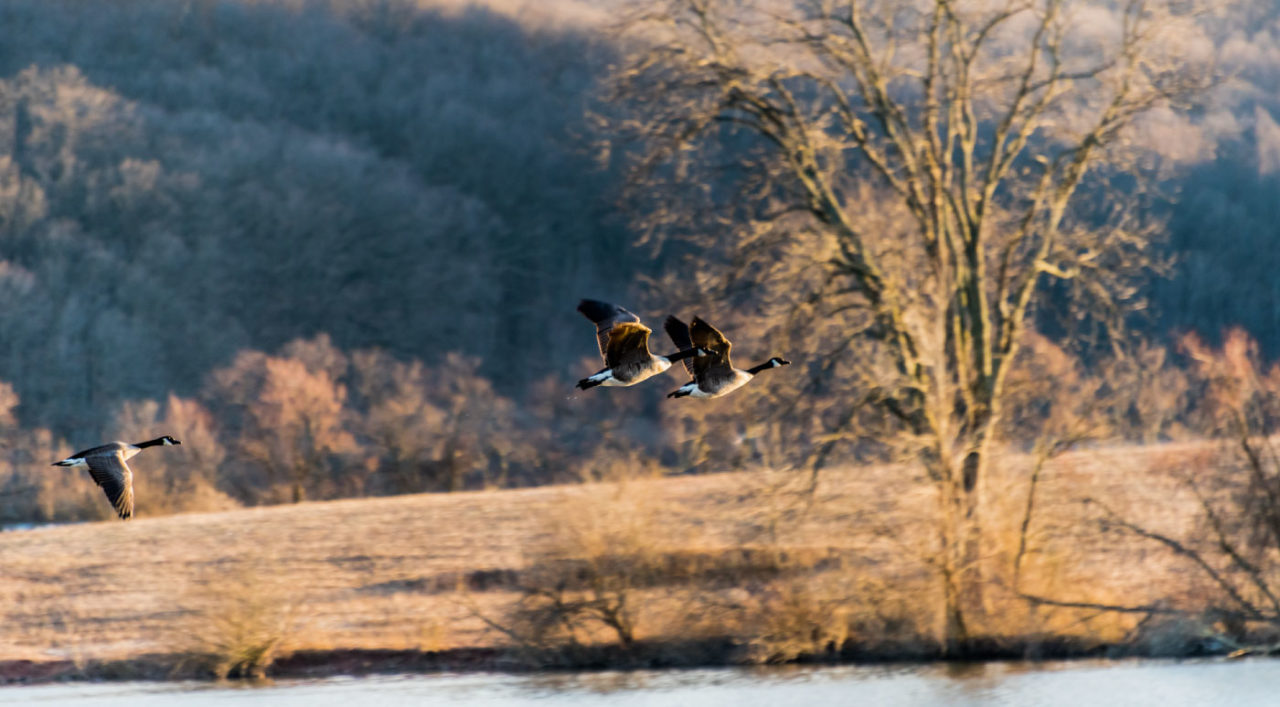
Wildlife management is the negotiation between balancing the needs of people and animals. This can occur in zoos, wildlife rehabilitation centers, wildlife conservation, and even pest control. If you’re serious about a career in wildlife management, and you’d prefer to learn everything online, this course is an excellent option.
The core modules comprise the following classes: Introduction to Ecology, Vertebrate Zoology, Wildlife Management, and Environmental Assessment. Additionally, you’ll be able to choose two specializations within zoology beside your core coursework.
The course is expensive and extensive. It costs $2,660 AUD and requires 600 hours of coursework. By the end, though, you’ll know it was worth it. And you’ll have a certification to prove it!
#21. Certificate in Wildlife Conservation by ACS Distance Education
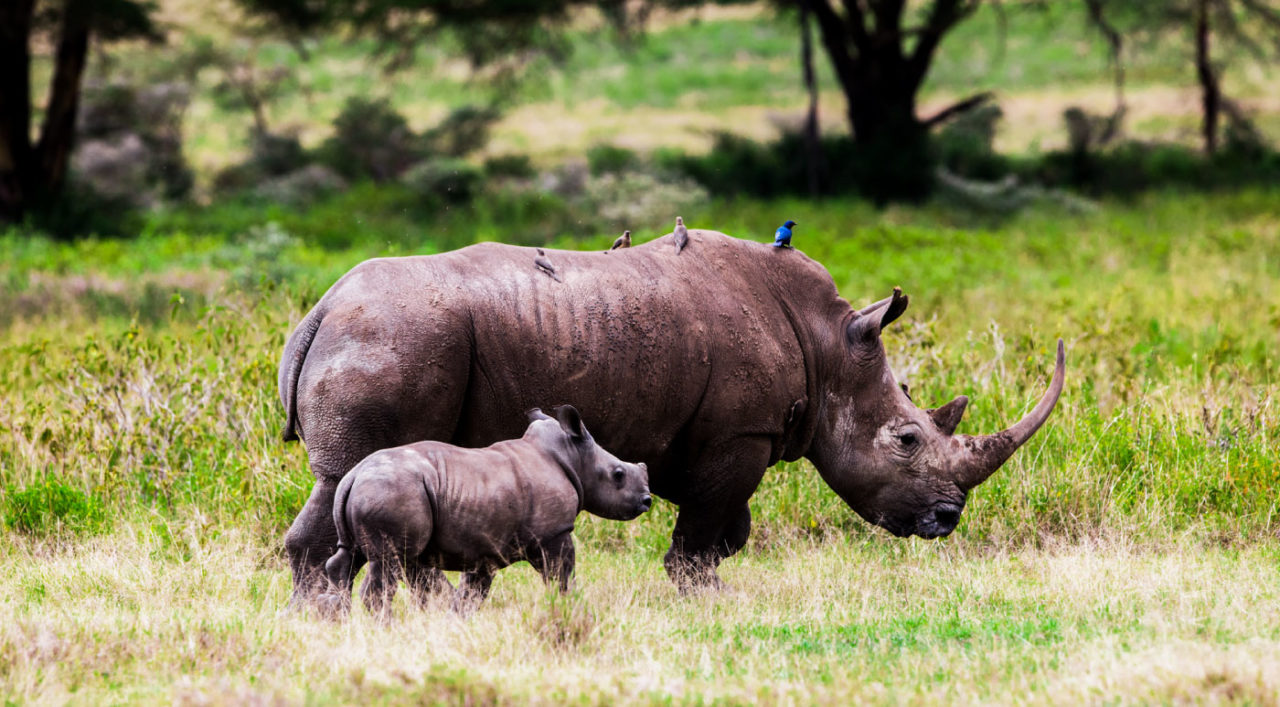
According to some scientists, our current geological epoch is the Anthropocene. Why? Because the world revolves around human beings, mostly in harmful ways. We’re causing significant harm around the globe, driving animals to extinction and drastically reducing forest cover. What does that mean for zoology? It means we need more wildlife conservationists. Many more.
This $2,660 AUD, 600-hour course will help you develop an understanding of habitat use, learn about surveying for wildlife, explore ecological processes, and discover the importance of genetic diversity. You’ll learn about animal welfare, wildlife conservation, and environmental assessment, among other subjects. By the end of the course, you’ll be a certified wildlife conservationist.
#22. BS in Zoology by Oregon State University

Are you are dead set on zoology, but you don’t want to dedicate yourself to the college lifestyle? Lucky for you, one of the nation’s best zoology degrees is available online. It does come at a significant cost, however, around $55,000 for the entire program. Still, this is cheaper than many four-year undergraduate programs, even those in-state.
Your 30-40 classes will cover electives and life sciences, including genetics, physiology, ecology, evolution, and conservation biology. Upon receiving your degree, you’ll have the smarts to work in animal care and husbandry, curatorial and museum management, and field biology and conservation. If you want something that pops on your resume, choose this course.
#23. BS in Fisheries and Wildlife Sciences by Oregon State University
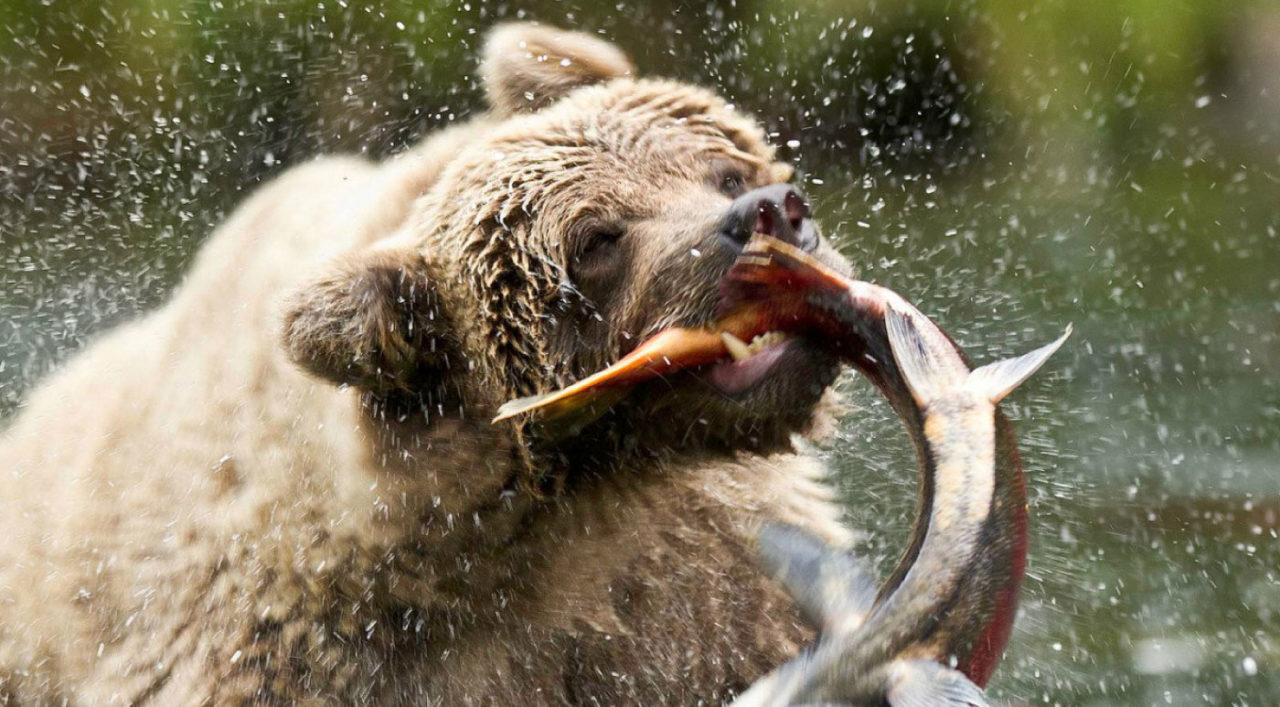
Another zoology-related program that is entirely online, this four-year course concentrates on fisheries and wildlife sciences. Nature is a beautiful and delicate balance beam; if there is too much of something and too little of something else, a whole ecosystem can be thrown off balance.
In this course, you’ll learn about the balance of fish and wildlife. Between electives and your core classes, you’ll concentrate on fisheries and wildlife, math and physical science, and biology. This is a full degree that comes at a relatively steep price, around $55,000, for all 180 credits. By the end of the course, though, you’ll be ready to begin your career as a fishery or wildlife biologist.
#24. An Introduction to Zoology by Oxford Royale Academy
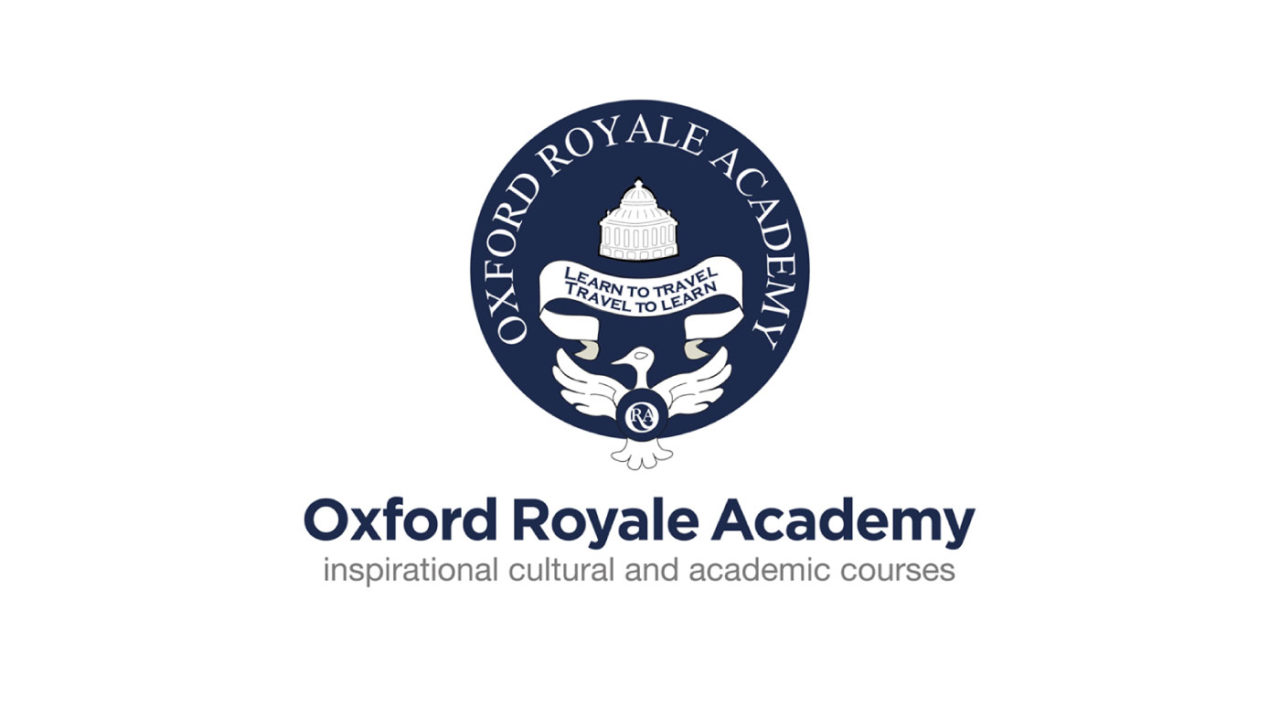
Are you in between high school and university, and you don’t want to commit to a career track without trying it out first? Maybe you’ve finished university, instead, and you miss learning. If you feel a call toward zoology but don’t want to dedicate all your time to it just yet, try this introductory course. It only costs $40 and includes four to six hours of work; by signing up for this course, you have little to lose and everything to gain.
The online class comprises four short units: Animal Diversity; Genes, Cells, and Evolution; Physiology and Development; and Behavior and Ecology. The course won’t make you an expert, but it will introduce you to core zoology concepts.
#25. Aquatic Animal Conservation Issues by the University of Florida
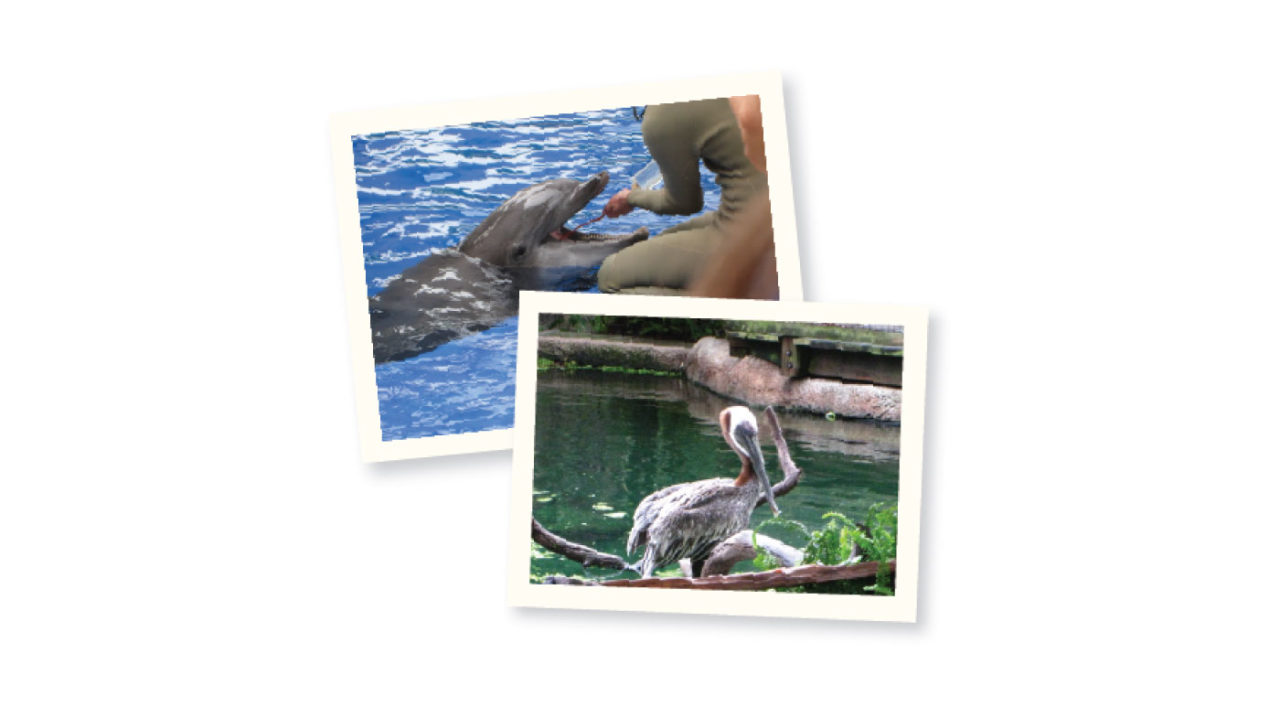
Aquatic animal conversation is not a cut-and-dry issue. How can we set rules for a place we don’t completely understand? Still, it’s clear we need to do something about the ocean; overfishing is a growing problem, driving fish extinct and trapping untargeted fish in massive nets. Furthermore, plastic waste kills millions of fish every year.
If you want to put an end to the immoral and accidental killing of fish, this course is for you. This $1,000 online class is only available in the fall, but it’s worth waiting for it. The course will mostly focus on marine mammals, but it will also cover sea turtles, fisheries, and marine ecosystems.
#26. Aquatic Wildlife Health Issues by the University of Florida
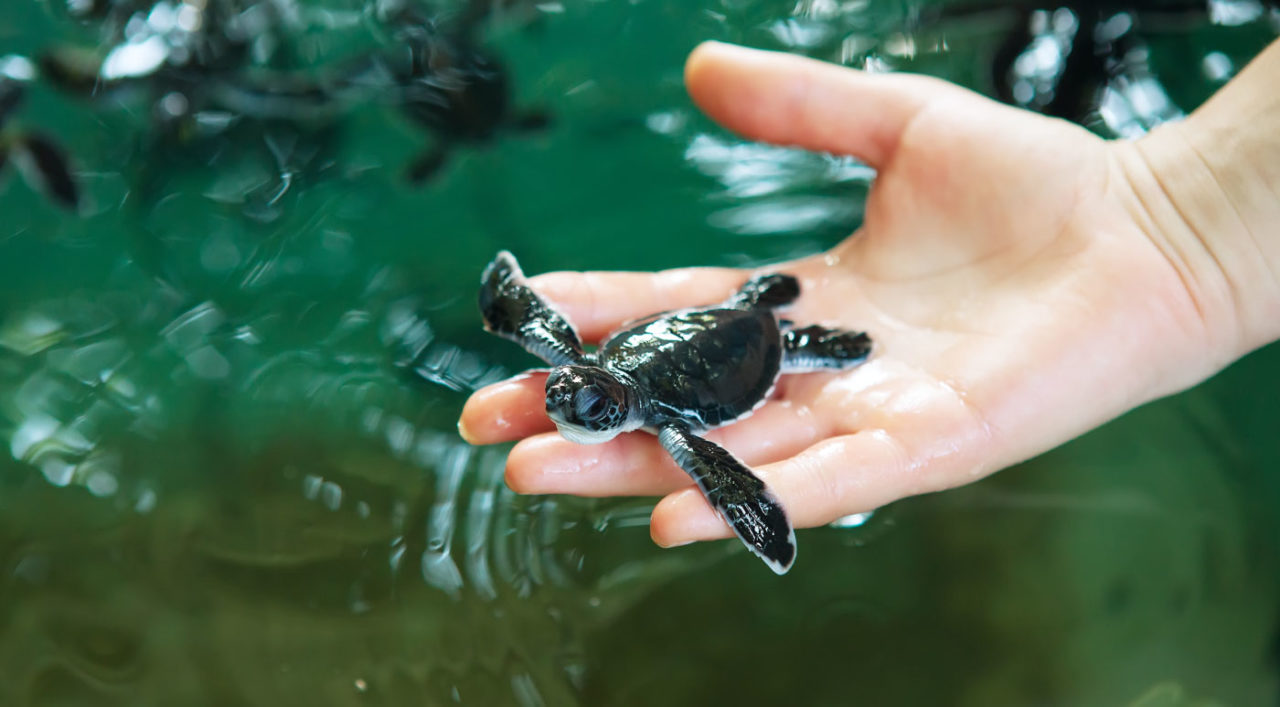
We all get sick, but why? Isn’t there a cure-all out there? Well, no, there isn’t. And just like humans, aquatic wildlife can get sick. To better understand how diseases affect animals, we need to understand animals themselves – how they work and why they’re susceptible to disease. If that sounds interesting, this is the online zoology course for you.
In this wonderful class, you’ll learn about the natural history, anatomy, physiology, behavior, and common health issues of aquatic wildlife. You will apply these lessons to animals you know and love, like whales, dolphins, seals, sea lions, manatees, sea turtles, and many more. And, with the right amount of effort applied, you will finish your studies as an aquatic wildlife health expert.
#27. Care & Conservation of Aquatic Animals Certificate by the University of Florida
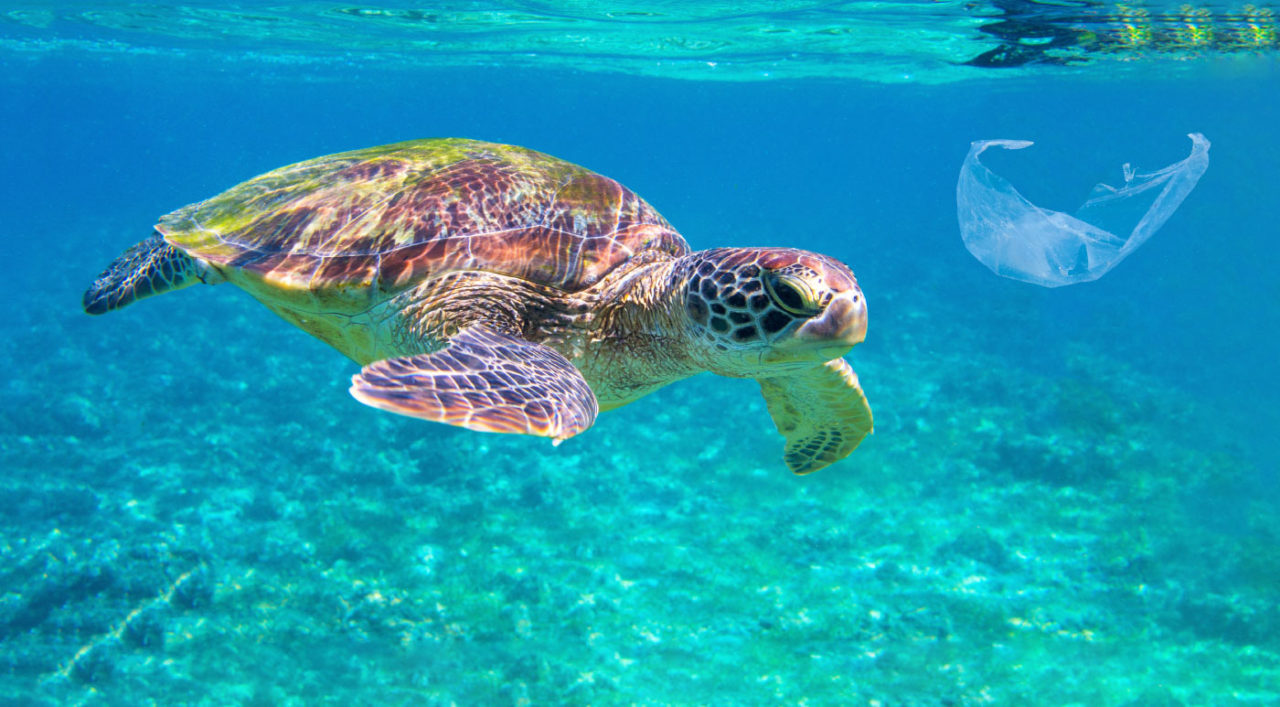
The outstanding faculty at the University of Florida designed this online zoology course for the graduate-level and professional aquatic-animal expert. Because aquatic-animal careers are limited, you should always focus on advancing your knowledge and beefing up your resume with classes like this one. If you’re interested in an aquatic-animal vocation, this is the class for you.
In the 12-credit online class, you’ll deepen your knowledge in areas of aquatic-animal care and conservation, including in those topics related to marine mammals, aquatic reptiles, amphibians, birds, fish, and invertebrates. Your work will comprise classes like Diseases of Warm Water Fish and Aquatic Wildlife Health Issues along with two electives of your choice.
#28. Ecology and Wildlife Conservation by the University of Leeds

This course caters to high school students who aspire to be wildlife conservation biologists, but it will appeal to anybody interested in the field. It’s a short course, lasting only two weeks. What’s more, it’s entirely free.
The class will cover topics such as the moral and economic arguments for nature conservation, the impact of human activity on the natural environment, why the protection of populations and communities are essential for human life, and more. If you want to learn a bit more about ecology and wildlife conservation without committing yourself or your wallet, this is the class for you.
#29. Exploring Our Ocean by the University of Southampton
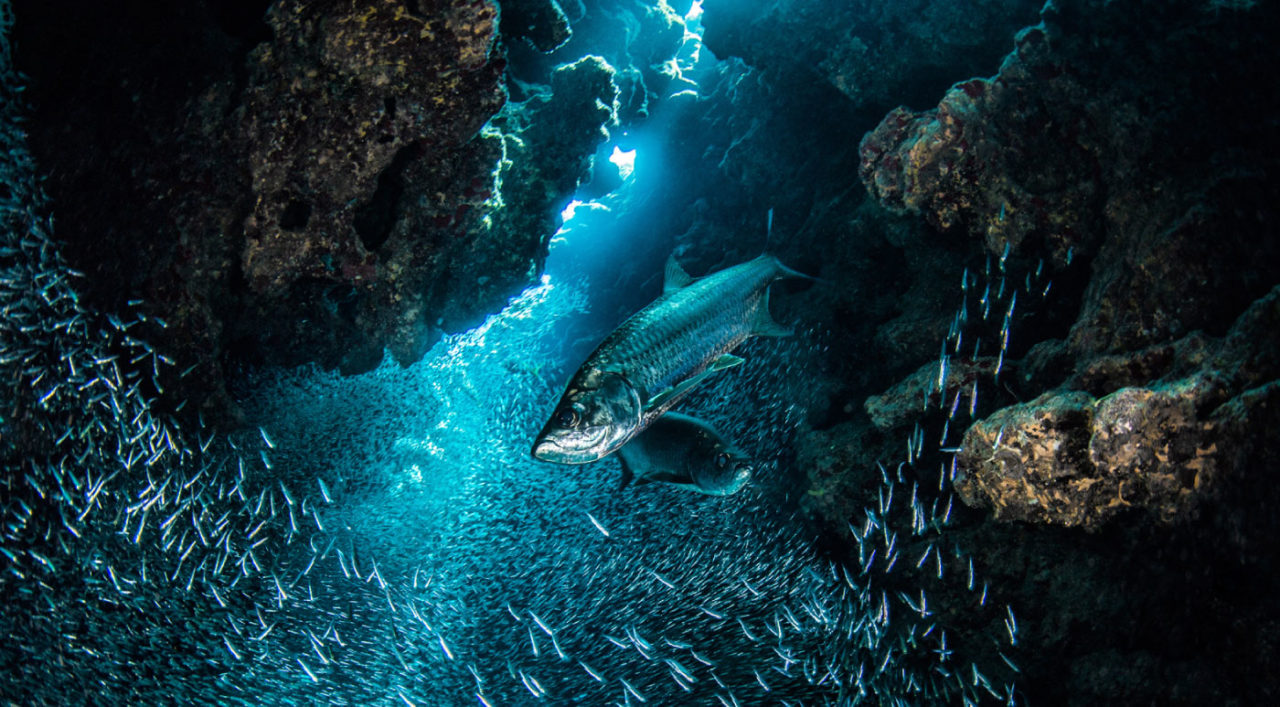
The ocean is a vast, mysterious place. It’s as mystifying as outer space and, even though it’s closer, it’s more inaccessible; far more people have reached outer space than our ocean floor. There’s much we know and a lot we’ve yet to find out about the watery abyss. In this course, which admittedly covers subjects outside of zoology – though it does focus on ocean biodiversity – you’ll learn about the deep blue sea.
Some of the course units include the Composition of the Ocean, Ocean Biodiversity, Characteristics of Life in the Deep Sea, and Ocean Resources and Ownership. The course is free and will take three weeks to finish. If you want to learn all about the ocean, animals, and beyond, then check out this course.
#30. Principles of Evolution, Ecology, and Behavior by Yale University

How did animals come to be? How did we come to be? What will we become? If you’re curious or cruising through an existential crisis, this is an excellent course for you. Whether you’re an experienced biologist or a student beginning their studies, you’ll learn a lot of valuable information from this course.
This free Yale (YALE!) course covers ecology, behavior, and the principles of evolution for learners who are new to the field. You won’t have access to videos or be able to participate in dynamic activities, but you will have access to the full course material of this course. If you want to learn about how animals are what they are, consider taking this free course.
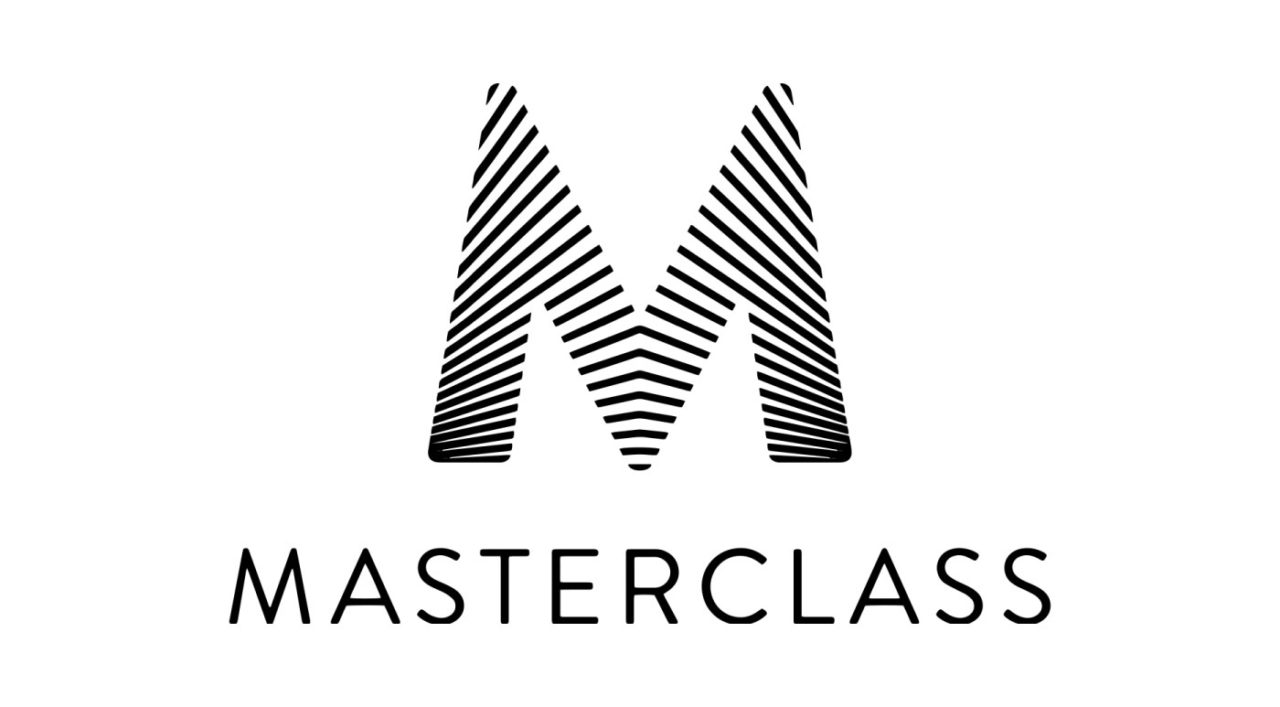
Bonus: MasterClass Brandon McMillan Teaches Dog Training
There Are So Many Branches of Zoology – How Do I Choose Just One?
You’re preaching to the choir. It’s difficult to choose just one branch! How can you choose between anthrozoology and herpetology, entomology and mammalogy, and so many more?
Let us ask one question: do you already have a basic introduction to zoology under your belt? If not, you’re rushing ahead. We appreciate your ambition, but every branch of zoology begins from the same base. Until you know that information, you may not know what you want to do.
If you already have a basic introduction to zoology, take a deep breath. We know that choosing a single branch is hard. The best way to choose a specialty is to find what branch calls your attention the most. Do you want to search for lions in sub-Saharan Africa or study birds where you live? Our advice is to figure out what will keep you motivated and follow that direction.
Is an Online Course Certification the Only Thing I Need to Enter the Zoology Field?
Yes and no. Yes, you will have 90% of the knowledge you need to become a zoologist after taking a long, intensive course. You’ll have the scientific and historical background, that’s for sure. But, depending on what you’re seeking, it can take more than intellectual knowledge.
Look at it this way. We can teach somebody the fundamentals of drawing – sketching techniques, which pencils to use in different situations, and how to find your niche. But without putting a pencil to paper, an artist will never improve. Similarly, without some degree of fieldwork, you won’t know how to apply your zoology knowledge.
That’s not to say an online course certification is worthless; it’s incredibly important, and without it, you’d be lost in the field. But it does take some hands-on experience to progress in the profession. Find the opportunities you seek and find a way to get involved. If you want to be an ornithologist, go birding. If you want to study primates, do it in person.
You can learn many things online. You can learn the important principles, the scientific names of animals, and the science you’ll need in the field, but you can’t substitute anything for the value of fieldwork.
Should I Take a Longer or Shorter Course?
The answer to this question is entirely dependent on you. Are you an expert who wants to further their skills? Are you a beginner and don’t want to invest months and hundreds of dollars in a class before knowing it’s right for you? Or are you eager and ready to take on the world?
Do some self-diagnostics. If you have a tough time committing to new projects, you may want to choose three or four short courses instead of one long class. If you have a long attention span, however, and you want to learn everything there is to know about zoology, go for one of the longer classes.
Here’s what you want to avoid: don’t enroll in a class that won’t challenge you; you’ll be bored right away. Don’t overextend yourself, either; you’ll feel stressed and unable to learn. Evaluate the time you have available, your end goal, and your existing knowledge. From there, you’ll have a good idea as to which course is best for you.
Can I Really Make a Career Out of Zoology?
Sure you can! Zoology, especially wildlife conservation, is a quickly growing field. It’s also pretty competitive, especially specific fields like botany and marine biology. But if you love your domain enough, there’s a good chance you’ll find success.
Here’s the thing, though – when you get into especially small branches of zoology, the ones that are the most appealing, your competition will have Ph.D.s and extensive experience. We don’t want to discourage you here, but you do need quite a bit more than an online course certificate to stand with the Jane Goodalls of zoology.
Lastly, zoology is not the most lucrative career. The average annual income of a zoologist is around $60,000, although some people make quite a bit more. With that said, zoology is a fulfilling field, and if you’re looking for fulfillment and the opportunity to study our vast animal kingdom, there is no better choice than zoology.
If you’re interested in pursuing online education, then you should check out The 30 Best Online Master’s in Health Informatics Degree Programs and The 25 Best Online Bachelor’s in Human Resources Degree Programs!
Some courses may include an affiliate link. Courses were chosen first based on the methodology with affiliate links only added after the ranking was complete.
List of Courses:
- Dino 101: Dinosaur Paleobiology by the University of Alberta
- Bugs 101: Insect-Human Interactions by the University of Alberta
- Animal Welfare by the University of Edinburgh
- Carnivore Zoology by ACS Distance Education
- Herpetology by ACS Distance Education
- Marine Life Rescue 101 by Universal Class
- Think Like a Bird: Understanding Bird Behavior by Cornell University
- Anything but Common: The Hidden Life of the American Crow by Cornell University
- Ornithology: Comprehensive Bird Biology by Cornell University
- Nature Journaling and Field Sketching by Cornell University
- Primatology by ACS Distance Education
- Zoology Executive Diploma by International Career Institute
- Paleontology: Ancient Marine Reptiles by the University of Alberta
- Ecology: Ecosystem Dynamics and Conservation by the American Museum of Natural History
- Chimpanzee Behavior and Conservation by Duke University
- Animal Physiology 1. Respiration and Gas Exchange by Udemy
- Wildlife Rehabilitation: An Introduction by Universal Class
- Zoonoses by the International Wildlife Rehabilitation Council
- Pain Management by the International Wildlife Rehabilitation Council
- Certificate in Wildlife Management by ACS Distance Education
- Certificate in Wildlife Conservation by ACS Distance Education
- BS in Zoology by Oregon State University
- BS in Fisheries and Wildlife Sciences by Oregon State University
- An Introduction to Zoology by Oxford Royale Academy
- Aquatic Animal Conservation Issues by the University of Florida
- Aquatic Wildlife Health Issues by the University of Florida
- Care & Conservation of Aquatic Animals Certificate by the University of Florida
- Ecology and Wildlife Conservation by the University of Leeds
- Exploring Our Ocean by the University of Southampton
- Principles of Evolution, Ecology, and Behavior by Yale University